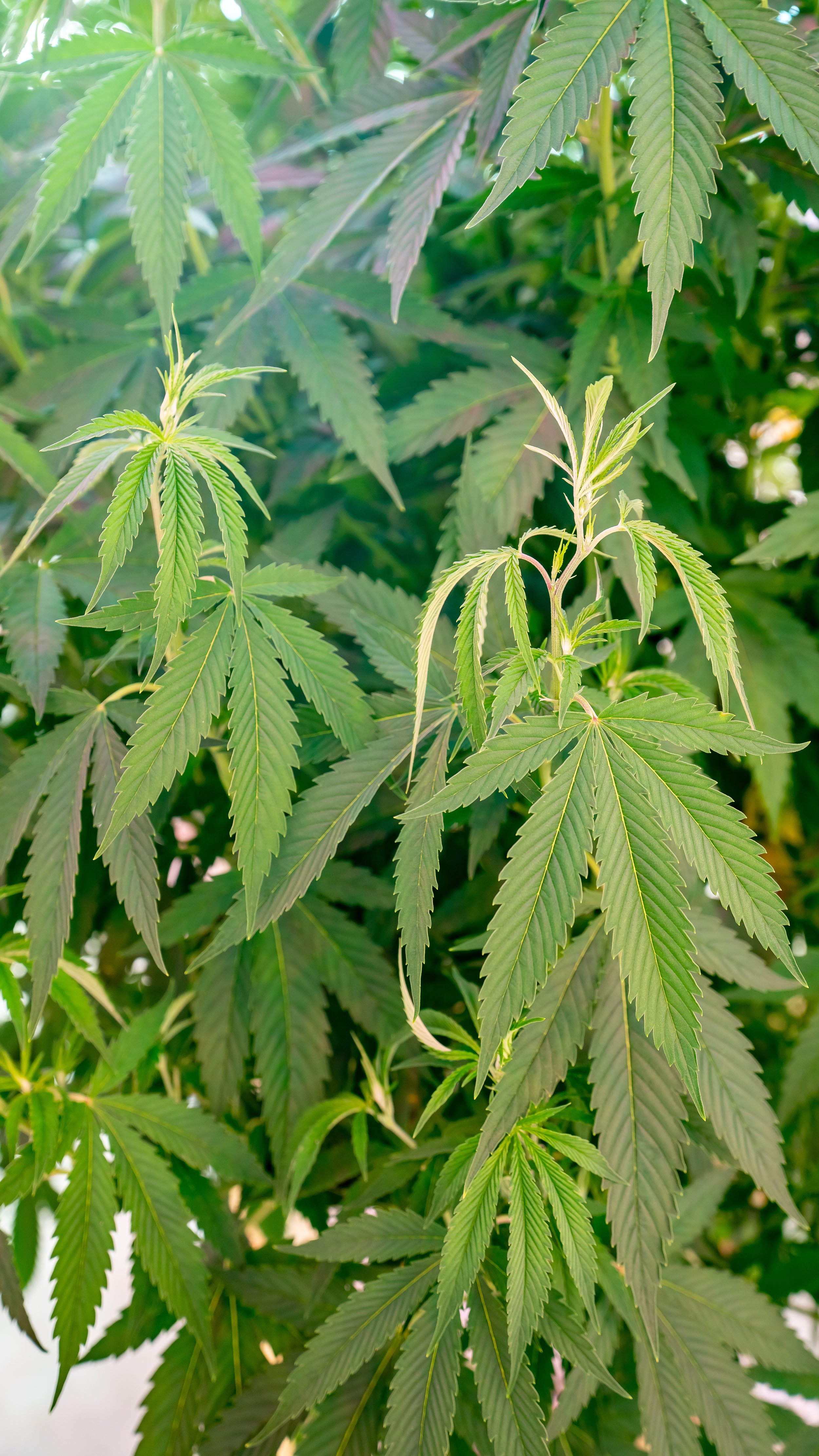FAQs
For patients
-
Patients may only be prescribed medicinal cannabis products by a medical professional, provided the medical professional deems it clinically appropriate.
A patient’s first step should be to discuss this with their doctor.
Prescribing doctors must hold Federal (and in some cases, state or territory) approvals before a patient’s prescription can be issued. Prescribing doctors should also have appropriate qualifications and/or expertise to treat the condition for which the proposed product would be used. If the doctor is not a specialist in the condition, the TGA may ask for a report from the appropriate treating specialist.
-
Medicinal cannabis products can be administered in a number of ways:
• Inhalation
• Spray
• Swallowing (i.e. oils, liquid capsules or tablets)
• Vaporising (i.e. heating, not burning the cannabis)
-
It is a criminal offence to drive with THC present in your system in Australia. If you test positive for THC in a roadside mouth swab test, it may result in a loss of license.
If you have been prescribed a CBD-only product you may legally drive, however check the product details as CBD-only products may contain low levels of THC. Be careful before you drive until you know how the specific product affects you, as medicinal cannabis products including CBD-only products may have side effects such as dizziness or drowsiness in some people.
If you are prescribed a CBD product via legal pathways in Australia, it will be clear what cannabinoids are present in your medication. If you have been supplied a product illegally, it might not necessarily be as clear.
-
A patient’s response to medicinal cannabis will often depend on the dosage of their prescription.
In most cases, prescribed doses for medicinal cannabis are significantly lower than what is used recreationally.
Having said this, it is not unheard of for a patient to experience some of the symptoms associated with a “high”. Patients will naturally develop a level of tolerance to the THC component as their use of the medicine progresses.
Patients are advised to talk to their doctors if they are concerned about any potential side effects.
-
No. Medicinal cannabis products will range in their formulations of CBD and THC – with some products being exclusively one of the two, while others possess both components and/or other cannabinoids.
-
The known side effects from medicinal cannabis products include, but are not necessarily limited to:
• Fatigue
• Dizziness and confusion
• Nausea and vomiting
• Difficulty concentrating and loss of coordination
• Burning sensation
• Increased appetite
• Dry mouth
• Hallucination and disorientation (for products high in THC)
Medicinal cannabis side effects are commonly dose-dependent, so it’s important to follow the dosing recommendations.
-
The costs of medicinal cannabis products can range considerably, depending on factors of product type, prescribed dose and the nature of the condition.
There are currently no subsidies provided by the government, which means that patients are generally paying the full price of their products.

